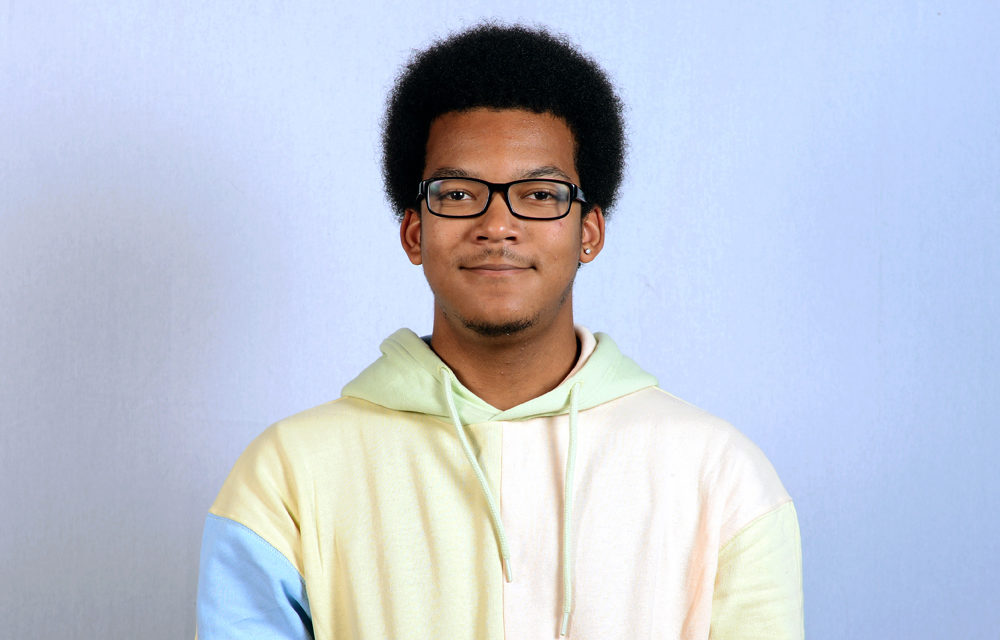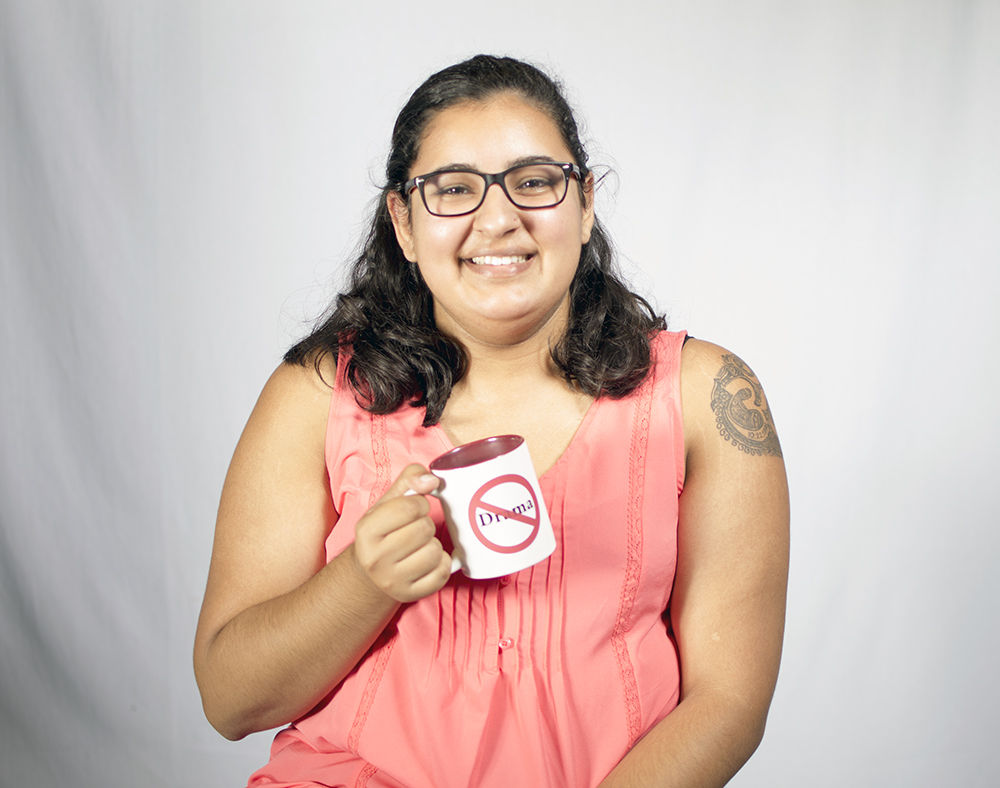Jalen Rose | Correspondent
The black community is notoriously known for uplifting one another with an intense amount of passion. We tend to treat the accomplishments of individuals as an accomplishment for the community. It’s apparent that the constant support and validation we show for each other bring us closer together. Yet, even with this level of support, we still tend to neglect the experiences of the LGBTQ+ community.
The blatant homophobia within the black community has persisted for many decades. It begs these questions: how can a community that cherishes each other so much display such an intense ignorance towards the LGBTQ+ community? And how are black members of the LGBTQ+ community supposed to feel validated and secure within their identity?
As a bisexual black man, I am constantly forced to question my identity. I find myself asking if I should prioritize my blackness or my sexual orientation. The idea that both identities share a polarizing relationship should be seen as problematic. It’s as if being black restricts one from being gay, and vice versa.
As a community we need to recognize the environment we established to let a complex like this come to fruition. It took me years to come to terms with my sexuality because I believed it to be morally wrong to be bisexual. Growing up, the people around me treated homosexuality as a sin. To be gay was to betray “God himself.” The religious persecution influenced my perception of sexual identities.
Along with religion, the hypermasculinity within the black community forced me to hide anything that may make me appear gay. Even factors not as big as religion or masculinity influenced my perception, such as people calling anything they don’t like, “gay,” and ending their sentences with “no homo.”
Being black in America is already a constant struggle. Being subjected to things like police brutality, stereotypes, mass incarceration and microaggressions can become very taxing for any individual. Not only can it affect your livelihood, but it affects your mental health as well.
Many black people suffer from mental illness because of their condition in America. Members of the LGBTQ+ community also face many facets of discrimination and intolerance. Adding the effects of racism with the effects of homophobia can cause a very negative impact on one’s mental health. I suffer from both depression and anxiety and a lot of it roots from my identity and everything that comes with it.
A common theme in black families is treating sexual orientation as a taboo subject. Not talking about homosexuality causes eventual ignorance. Many people in the black community are uneducated and never attempt to educate themselves on the experiences that come with belonging to the LGBTQ+ community.
You can frequently encounter homophobia on Twitter. You often run into tweets that state some form of the following: “I’m not homophobic or anything. I just don’t agree with that kind of lifestyle.” These people are unaware how invalidating saying something like that can be.
To “not agree with the lifestyle” is to reject it, and rejecting it undermines the validity of one’s identity. The black community on twitter is quick to defend each other when facing racism but somehow can’t keep that same energy when defending black queer folks. It’s as if we only combat discrimination when it comes pertains to ourselves. The irony here is that most pro-black programs are organized and led by queer black folk. The Black Lives Matter movement, for example, was co-founded by Alicia Garza, a queer black woman. Even while facing bigotry from their own people, LGBTQ+ members are still able to defend them.
It should be clear that as a community, we need to do better. The fact that black queer people are expected to prioritize their blackness over their sexual orientation is unacceptable. The intersection of both identities is very real and needs to be discussed more. We can’t claim to be an uplifting community while simultaneously neglecting members within it.



